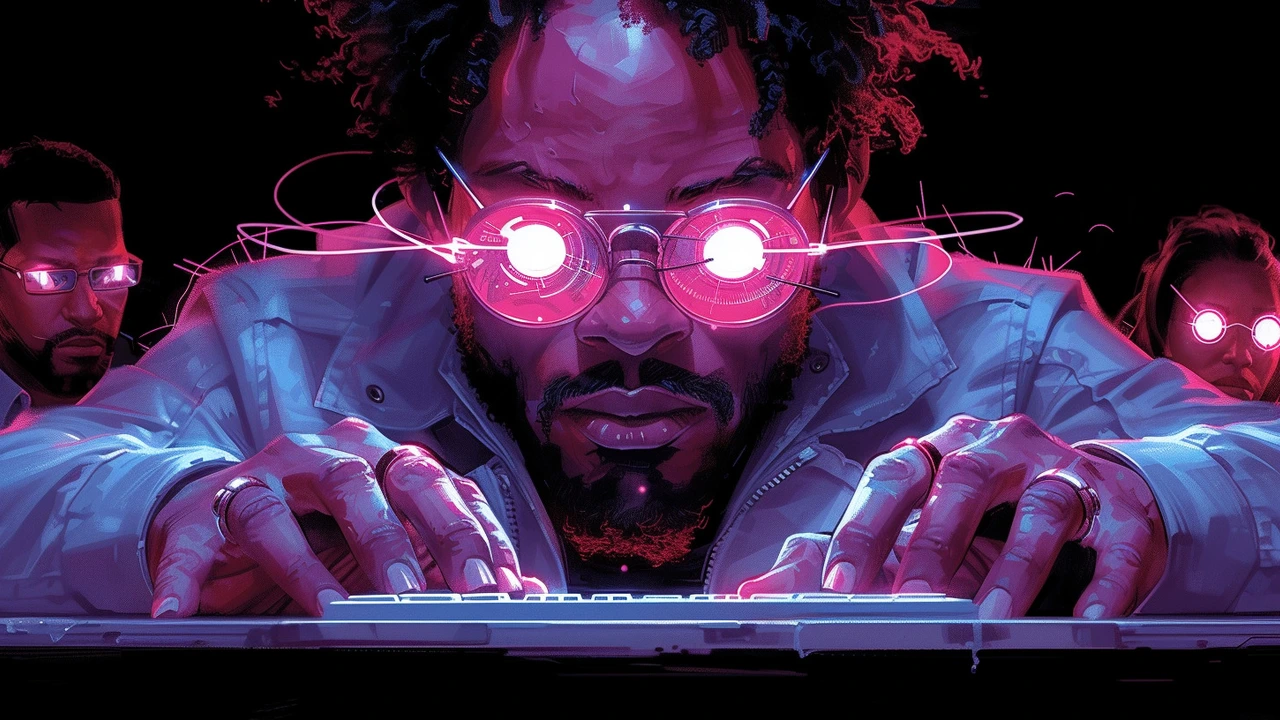Technology Literacy: Why It Matters and How to Boost Your Skills
Ever felt lost when a new app pops up or when a coworker talks about AI? That’s a sign you need a boost in technology literacy. It’s not about becoming a coder overnight; it’s about understanding the tools that shape our daily lives and using them confidently.
What is Technology Literacy?
Technology literacy means you can read, use, and evaluate digital tools without getting stuck. Think of it as the modern version of reading and writing. You should be able to set up a video call, spot a phishing email, or tell why a data‑driven recommendation appears in your feed. It also covers basic concepts like how the internet works, what cloud storage does, and why AI is showing up everywhere.
Why care? Employers now list “digital fluency” alongside classic soft skills. Even hobbies—like gaming, home‑automation, or online budgeting—run smoother when you know the basics. In short, technology literacy is the passport to staying relevant.
Quick Ways to Level Up Your Tech Know‑How
1. Start with Everyday Tasks. Pick one tool you use daily—maybe Google Docs or a streaming service. Spend 10 minutes exploring hidden features: keyboard shortcuts, sharing settings, or offline mode. You’ll notice faster workflows straight away.
2. Follow Short Guides. The Tech Insight Review offers bite‑size articles that break complex topics into plain steps. For example, “Learning AI for Beginners: 90‑Day Roadmap” shows you exactly which Python libraries to install and how to run a simple model in a weekend.
3. Watch “how‑to” videos. Visual learners benefit from screen‑recorded demos. Search YouTube for “basic Excel formulas” or “setting up two‑factor authentication.” Pause, try it on your computer, and you’ll retain more than reading a manual.
4. Join a Community. Forums like Reddit’s r/technology or the comment sections on our posts let you ask questions and see real‑world problems solved. When you see someone troubleshoot a Wi‑Fi issue, you pick up a new skill without the lecture.
5. Build a Mini Project. Nothing cements knowledge like creating something useful. Try a simple budget tracker in Google Sheets, automate a reminder with a free IFTTT applet, or code a “Hello World” chatbot using the free tools mentioned in our “Coding for AI: Master the Skill Powering Tomorrow” article.
These steps require only a few minutes a day, but the payoff compounds. After a month you’ll notice you’re less dependent on tech‑support, and you’ll start spotting opportunities to automate repetitive chores.
Remember, technology literacy is a habit, not a one‑time course. Keep a curiosity notebook: write down every new term you encounter—“API,” “blockchain,” “edge computing”—and spend a couple of minutes researching it later. Over time you’ll build a personal glossary that makes advanced topics feel less intimidating.
Ready to get started? Browse our tag page for more articles on coding basics, AI tricks, and programming shortcuts. Each piece is written for readers like you—no jargon, just clear steps you can try right now.
Boosting your tech literacy doesn’t require a degree; it needs consistent, small actions. Start with one tip today, and watch your confidence grow alongside the technology around you.

Mastering Coding Skills: Essential for Every Professional in 2024
In the rapidly evolving job market of 2024, coding skills have transcended traditional tech roles, becoming a vital asset for professionals across all industries. This article delves into why coding is now an indispensable skill, the benefits it offers beyond the tech sector, and practical advice for integrating coding into your professional skill set. From enhancing problem-solving abilities to opening up new career opportunities, coding is the new literacy that every professional needs to master. Whether you're a complete novice or looking to polish your programming skills, this article provides a roadmap to elevate your career in today's digital age.